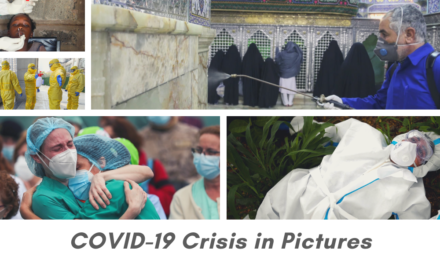In the beginning, analysts researched investments. And the software industry said, “Let there be Research Management Systems to store your research files”. And lo, a great evil descended upon the land.
Hedge fund managers looked upon their research repositories and wept at the inconsistent documents that were checked-in but never used. So the software industry responded with further temptations, “Let the RMS also be a place to create and tag research to ensure consistency”. And it was so.
On the second day, hedge fund managers gazed into the darkness of their unused RMS, and cursed the frustrating interface that had caused analysts to flee. The software industry spoke again: “What if we also gave you an awful interface on your mobile device, would that help?”

The current state of Research Management Software is the result of a relatively niche industry being served by a small number of providers born from the same financial industry with little outside perspective. Products have evolved reactively around specific needs, with little foresight, or acknowledgement of how similar software is used to better effect in other industries.
The limited term “Research Management System” is a symptom of this, and may be detrimental to how we think about the current and future needs of analysts and funds. “Managing research” is only one part of what funds expect from a modern piece of software that needs to bring efficiencies and added value to the pre-and post-investment process, for everyone in the organization.

It’s tempting to broaden the scope of the term “Research Management” to “Knowledge Management”, but there are fundamental differences between research and knowledge:
- Knowledge is exhaustive; more is better. Research is targeted and specific.
- Knowledge is neutral and passive. Research has context and is purposeful.
- Knowledge should be objective. Research is often subjective, relying on credibility and sentiment.
- Knowledge has longevity. Research is time-sensitive and is often only useful for a specific period.
So Knowledge Management is not the right term, and we certainly don’t want to replace a limiting term with a less accurate term.
Instead, if we look at the direction that modern RMS products are moving, with basic elements of sharing and non-research content like contacts and events, the trajectory points to an existing set of software products: Groupware or Collaborative Software.
Collaborative software or groupware is application software designed to help people involved in a common task to achieve their goals. One of the earliest definitions of collaborative software is ‘intentional group processes plus software to support them’.
Wikipedia
Perhaps truly modern Research Management Software would be better named “Collaborative Software for Funds” – software that not only supports individuals in their specific tasks but makes the most of a team of smart people working together to achieve the same common goals. Collaborative Software emphasises the strategic value of people and the power of the group, not the narrow tactical task of managing research.

This re-frames what the solution should be, where research management is one part of a holistic system designed to achieve the common goals of the fund. If the ultimate common goal is to make good investment decisions, we can start to list components that might help the group to achieve that goal as part of a Collaborative Software for Funds solution:
- Discovery and capture of information, data and evidence. This can be external and internal, and may be initially hidden, e.g. personal expertise or older research from a previous analyst. Collaboration allows multiple people to gather evidence more quickly, identify supporting and conflicting information, cross-check for accuracy, and add context during discussion.
- Organization and management of information. Within a fund, individual analysts or groups may be tasked with investments on a particular theme – perhaps a sector or geography – but those themes inevitably overlap. A shared organizational system allows for greater insight and less duplication, and may help to identify macro trends or patterns not identifiable within a single tightly-focused group.
- Coordination. A collaborative solution doesn’t only help individuals to be more efficient at their specific tasks, but also enables coordination of the people and processes in the fund to ensure everyone is working effectively towards the common goals. This suggests the need for features like task management, workflow management and communication between users and groups.
- Measurement and monitoring. A fund-wide collaborative system allows for easier comparison of information and results, to extract best practices, identify inconsistencies, and ensure compliance regulation is adhered to.
Do you like this topic? Read more our interesting articles below:
- Predictions 2021: Software Developers Face Mounting Pressure
- The 5 Biggest Technology Trends In 2021 Everyone Must Get Ready For Now
- 5 Common Study Abroad Myths And The Truth Behind Them
Source Bipsync






Recent Comments